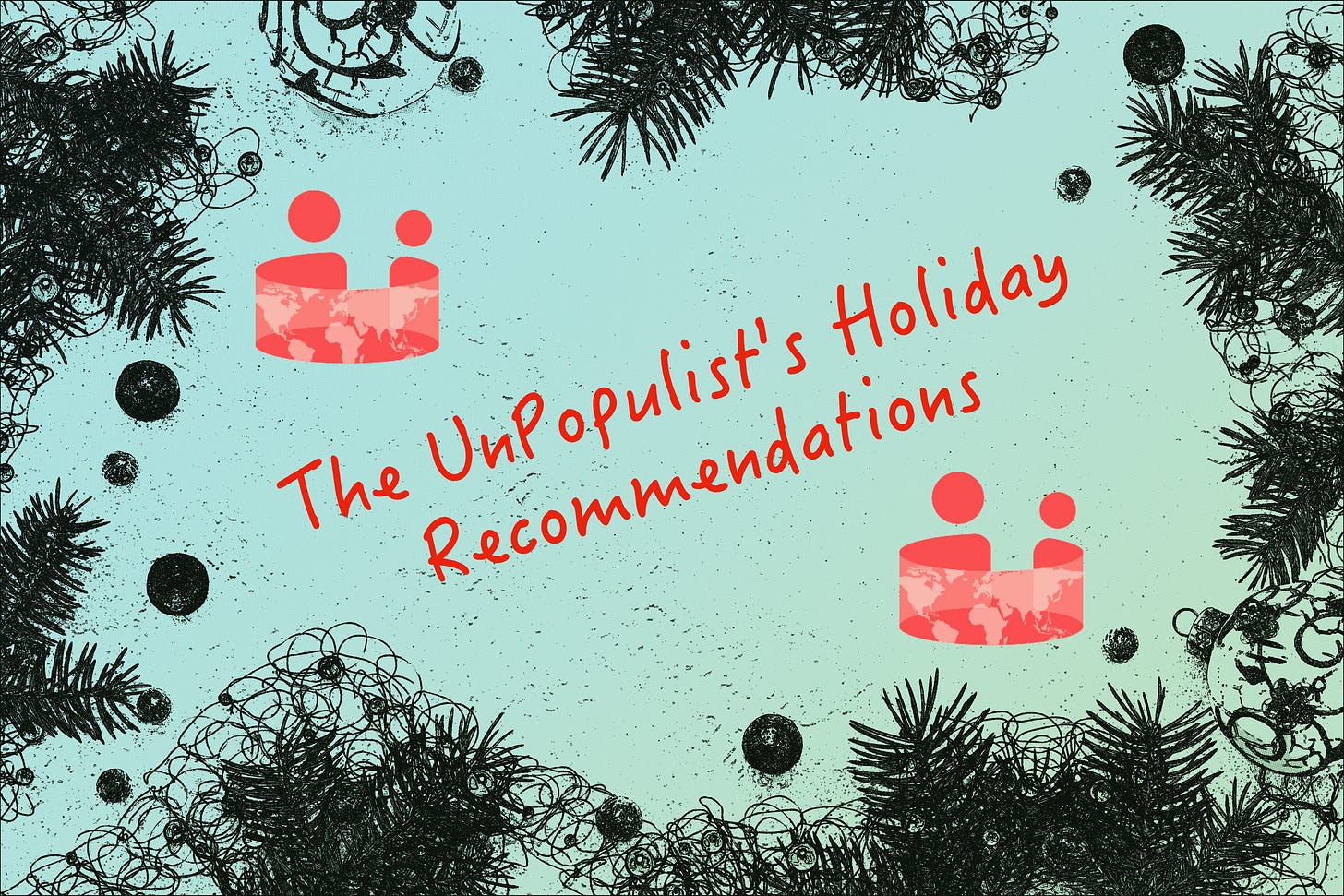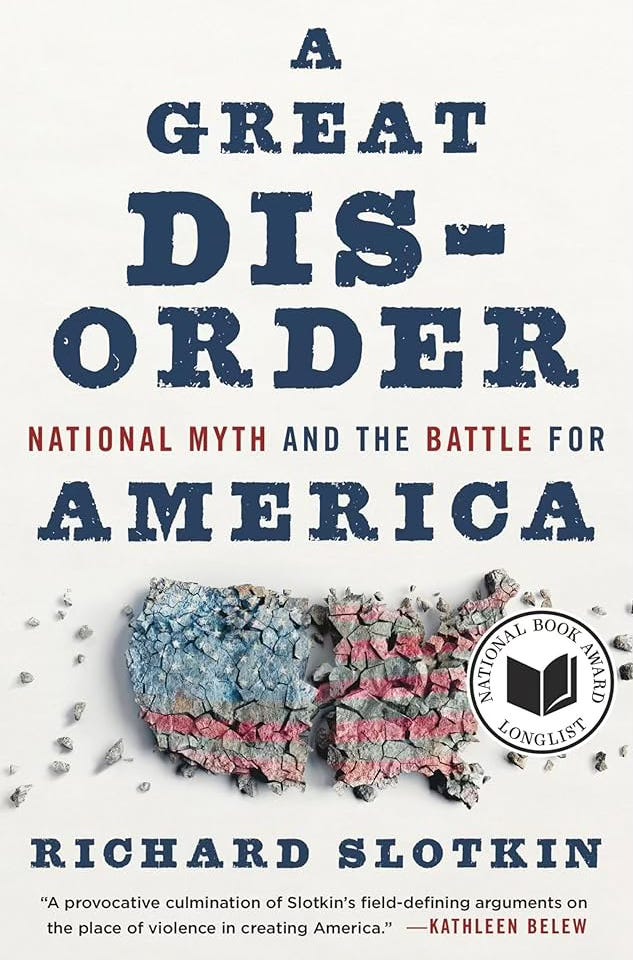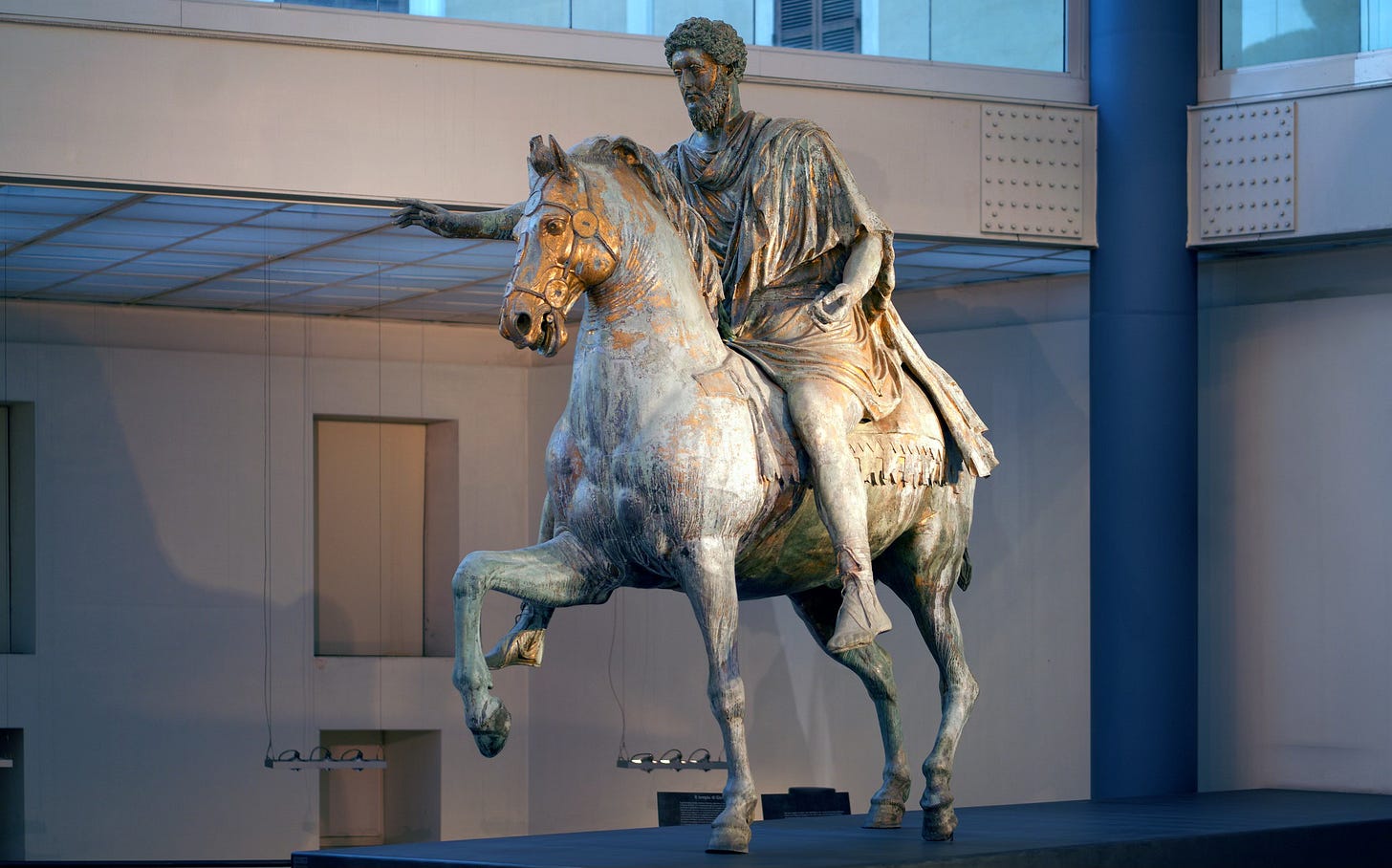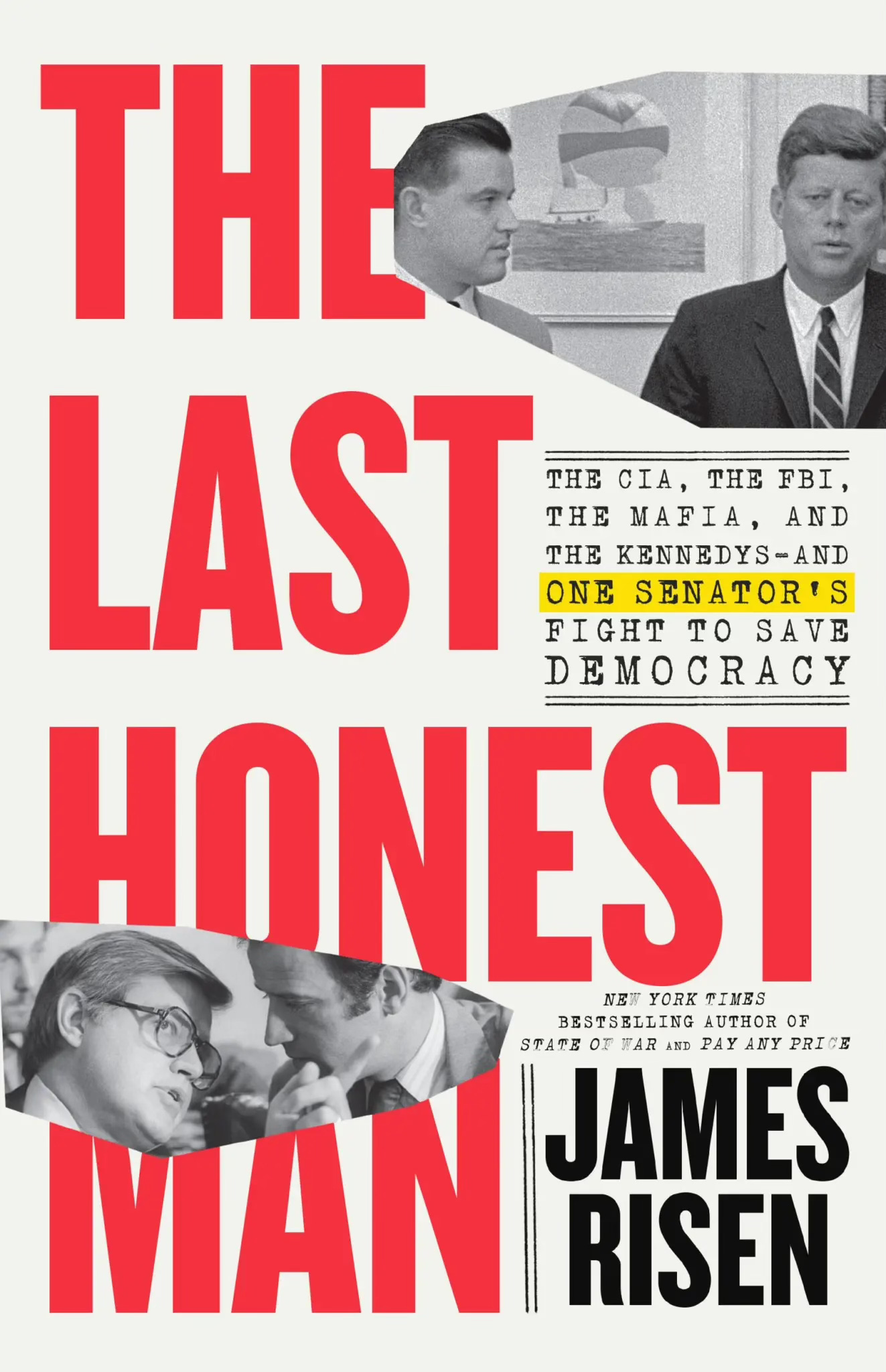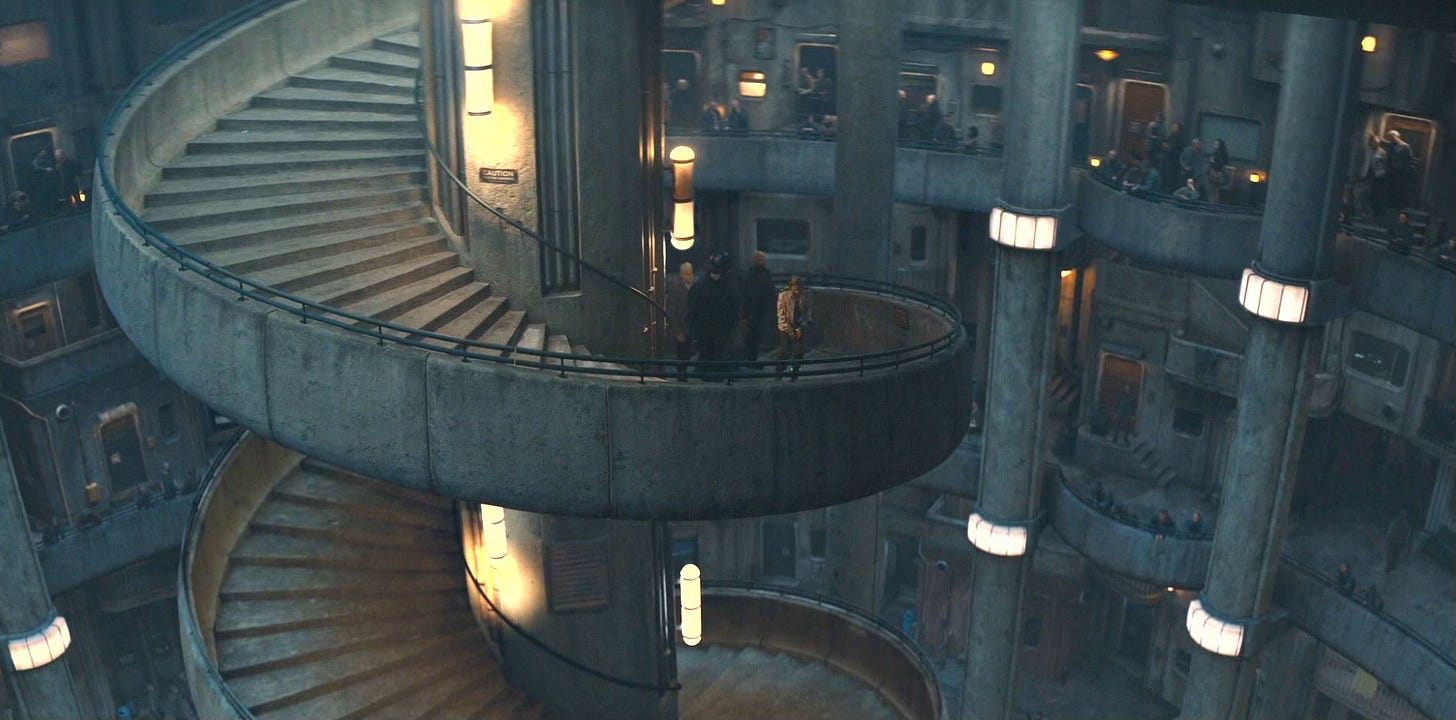The UnPopulist Staff’s 2024 Holiday Recommendations
Films, TV series, video games, new books and ancient texts that illuminate and inspire
Berny Belvedere
As the year comes to a close, and in the spirit of the holiday season, each of us is to make one recommendation to you, our readers. But, just like last year, I simply can’t confine myself to only one pick. First, my film and TV choices, which combine epic storytelling and beautiful cinematography. My big screen pick is Dune: Part Two, Denis Villeneuve’s sand-saturated sequel to his 2021 Dune—which, taken together, cover the events of Frank Herbert’s 1965 sci-fi masterwork. My small screen pick is no less aesthetically mesmerizing: FX’s Shōgun, a 10-episode epic of historical fiction—based on James Clavell’s 1975 novel of the same name—that was only meant to be a miniseries but received such acclaim that the network has ordered a multi-season expansion. Dune: Part Two and Shōgun are so stunningly shot that one could watch them on mute and still get a lot from the experience. Fortunately, the stories are just as spellbinding as the visuals. My music pick, its own kind of epic, is Cindy Lee’s lo-fi masterpiece Diamond Jubilee. The sprawling, 32-track album somehow manages to brim with nostalgic warmth while being unmistakably novel—or, as one listener put it, “it sounds like nothing I've ever heard, and everything I've ever loved.” Seriously, check the YouTube comments—the response to this album transcends normal praise and is something closer to collective thanksgiving, as if of a sacred religious object. Lee has intentionally kept this release off streaming platforms like Spotify and Apple Music, adding to the album’s growing reception as a kind of buried cultural treasure.
But my main recommendation, again like last year, is a book: historian Richard Slotkin’s A Great Disorder. Slotkin scours American history and identifies five great myths that have given rise to our shared and conflicting conceptions of national identity: the Myth of the Frontier; the Myth of the Founding; the two Civil War Myths of Liberation and of the Lost Cause; and the Myth of the Good War. By “myth,” Slotkin doesn’t mean falsehoods but certain historical-cultural-aesthetic themes, built up over time into enduring narratives, that inform and power conceptions of American identity. Or, as Slotkin puts it: “stories—true, untrue, half-true—that effectively evoke the sense of nationality and provide an otherwise loosely affiliated people with models of patriotic action.” These are the deep sources of national identity that Americans draw on today to piece together their self-understanding.
Slotkin’s account has a genuinely enlightening analysis of Trump and his MAGA movement, understanding it as a modern recasting of the Lost Cause myth that seeks to push back the various legacies of the “Second Reconstruction” of the 1960s. He documents, through a brilliant use of historical parallel, how Trump has embraced his role as “Redeemer of a new Lost Cause.” Slotkin writes:
In assuming the role of an insurgent or vigilante president, Trump implicitly embraced an authoritarian concept of presidential power. Such a ruler, convinced that civilization is at stake and persuaded that he is the incarnation of the will of “real Americans,” feels morally entitled to override ordinary laws and even the constitutional order so that he may save the country.
This is a powerful frame that augments the standard gloss on Trump as a populist-nationalist authoritarian.
The best historical works don’t merely illuminate the past but also help explain our world today. Much like Zack Beauchamp’s The Reactionary Spirit, also from this year, which posits that America has bequeathed two traditions—one a truly democratic tradition and another that poses as democratic but is really a reactionary one—which are now in a kind of global duel for supremacy (see my colleague Shikha Dalmia’s conversation with Beauchamp from last month), Slotkin’s thesis is that America’s current polarization is ultimately down to Red and Blue America’s selective adoption of, and ongoing reliance on, mutually exclusive interpretations of America’s grand national myths. Slotkin’s readable romp through America’s most enduring and persistent story patterns is valuable because it helps us see clearly what would otherwise remain hidden from us: the history we’re living in now.
Shikha Dalmia
There is a lot to like about the German neo-noir TV series, Babylon Berlin. Based on Volker Kutscher’s novels from 25 years ago, its first four seasons have run from 2017 to 2022 and its fifth and final season is expected to be released in 2025. So there are plenty of episodes to binge watch over the break. Be forewarned, though, light, escapist entertainment it is not. Moreover, its plotline is a sprawling mess. But it does offer a gripping, gritty, grim yet glamorous portrayal of Berlin in the interwar period—all woven against the backdrop of a fractured and polarized politics with a startling resemblance to our own right now.
This was a time when the newly formed Weimar Republic had planted a liberal democracy atop the ruins of Imperial Germany. Even as the German people were reeling from the humiliating settlement that the victorious World War I alliance had imposed on them, the sexual, artistic, and scientific liberation that was sweeping the Western world was challenging Deutschland’s barely formed governing institutions. The series portrays a Berlin replete with fashionable nightclubs featuring cabarets and exquisite drag performances, a flourishing gay subculture, and a thriving pornography industry underwritten by the mob. In short, a modern-day Babylon.
The destruction of the extortionist mob, whose tentacles extend into the highest rungs of German society, is the central mission of the series’ protagonist, Gereon Rath, a wounded veteran with PTSD (who has a striking resemblance to Mad Men’s Jon Hamm). Roth, who becomes a detective in the Berlin police, along with his plucky young colleague, Charlotte Ritter, an enchanting prostitute-turned-investigator with whom he falls in love, are both trying valiantly to give Weimar’s liberal democracy a fighting chance against the many varieties of communism and fascism that are proliferating all around them. They are quintessential cosmopolites, although Ritter hails from a family living in heartbreaking poverty. Neither is a font of virtue or even unerring judgement, but they are basically decent individuals who want to: root out political corruption; crack down on crime; stick up for the freedom of press; and ensure due process and equal protection of the law. (In one particularly dramatic episode, Charlotte stumbles upon a secret tribunal engaging in extrajudicial killings of gays and subversives and holds up everyone in the courtroom at gunpoint until Roth dispatches officers to arrest the participants.)
But what was particularly interesting was the series’ depiction of Conservative Revolutionaries (listen to Tom Palmer’s eye-opening podcast to learn more about them). In Germany, they served as political midwives for Nazism with whom they shared a contempt for modernity, liberal democracy, and the communist left. Represented by the cruel and diabolical Colonel Wendt, they longed for a martial state and abhorred liberalism’s bourgeois comforts and modernity’s libertinism—although, as is so often the case with virtue peddlers, Wendt himself was a promiscuous bisexual. He didn’t like the Nazis with whom he was in a power-struggle. He had nothing like Hitler’s fully worked out ideology; Mein Kampf had barely appeared on the scene in the last season. But he was willing to make common cause with Hitler’s brigade to defeat Trotskyites, labor unionists, and other fascist groups. His intellectual hero was Ernst Jünger and, like the Flight 93ers at Claremont Institute who believe that America has become so decadent and corrupt under the spell of the left that only a revolution can save it, Wendt believed that Weimar had become so pathetic and weak due to the allure of progressive notions that it needed to be burnt to the ground so that a new, Spartan order could arise from its ashes. (Think of him as a combination of Steve Bannon and Michael Anton.) During a dinner party of Weimar’s most powerful politicians, generals, and industrialists, he stands up and calmly lectures them about their timidity: “We must create chaos, spread fear among the people, so that they will want us, the Army, to save them.”
In the end, we know how it all went down: Wendt’s nasty vision for Weimar paves the way for unspeakable horrors. It’ll be interesting to see how he fares in the final season, but the series’ depiction of the political forces and philosophies that unraveled the Weimar experiment a century ago have ominous parallels with those threatening the American experiment today.
Landry Ayres
While I’d love to suggest the escapism of games like the awe-inspiring Elden Ring: Shadow of the Erdtree or the brain-candy-esque Balatro, I want to use this space for something more challenging. The 2023 Polish film Green Border,directed by Agnieszka Holland, is a heavy, harrowing story—but an essential one.
Set at the forested edges of Poland and Belarus in autumn 2021, Green Border explores the plight of migrants caught in the geopolitical cruelty of Belarusian President Aleksandr Lukashenko’s power play. Following E.U. sanctions against Belarus for election fraud and violent crackdowns on dissent, Lukashenko weaponized migration to destabilize the E.U. Refugees from the Middle East and Africa were lured with promises of safe passage and directed to the Belarus-Poland border. There, they became pawns in a brutal standoff: Poland, cloaked in nationalist rhetoric, militarized its border, while Belarus exploited the migrants' desperation for leverage. Trapped in freezing forests with little food, these refugees suffered in a no-man's-land shaped by indifference and political gamesmanship.
Holland’s film brings this human suffering to life with stark realism. Foregoing sentimentality, Green Border immerses viewers in the experiences of families fleeing war, activists navigating moral courage, and border guards torn between orders and conscience. Its stark cinematography captures the physical and emotional brutality of the forest, while Holland’s nuanced storytelling ensures the characters are never reduced to mere symbols. Their grief, hope, and resilience confront us with the ethical failures of indifference.
The film also indicts the broader systems that perpetuate such suffering. Poland’s nationalist rhetoric dehumanizes migrants as existential threats to cultural purity, while Belarus uses them as geopolitical leverage. A biting epilogue criticizes Poland’s treatment of Ukrainian refugees following the 2022 Russian invasion, exposing the underlying racism of its border policies. By centering the human cost of these machinations, Green Border refuses to let viewers dismiss these stories as abstract politics.
Unsurprisingly, the film provoked backlash upon release, particularly from Poland’s then-ruling Law and Justice Party (PiS). Party leaders condemned Green Border as anti-Polish propaganda, and a coordinated review-bombing campaign sought to tarnish its reputation. This reaction highlights the uncomfortable truths the film exposes about nationalism’s inhumanity and the political exploitation of vulnerable populations. In its courage to confront systemic cruelty, Green Border becomes not just a work of art, but an act of resistance.
Watching Green Border is not easy—it is an unflinching confrontation with systemic inhumanity. But its discomfort is what makes it vital. In a world increasingly desensitized to the suffering of “others,” Holland’s film reminds us of our shared humanity and the urgent need for moral clarity. This is a film that demands not only to be seen but also to be reckoned with.
Thomas Shull
“Power tends to corrupt and absolute power corrupts absolutely,” wrote the British politician and historian Lord Acton. The idea is a commonplace in America now, partly because our country was founded on a liberal suspicion of government power, but also, sadly, because so much new evidence of corruption in our public life comes to light.
So despite how it cuts against the grain of my libertarian ideals, I find myself recommending a book by a Roman emperor: Marcus Aurelius’ Meditations. Marcus, a Stoic, tempts you to put an asterisk on Acton’s dictum. In the book, he is stern with himself and charitable toward others—not exactly the classic tyrant. Indeed, his self-directed exhortations help us better understand Acton’s point.
In saying this, I’m not trying to defend Marcus’ policies. I’m not a scholar of the period, and maintaining the Roman empire was rarely pretty, especially under the centralized state apparatus Marcus inherited. But as emperors go, Marcus enjoys a decent reputation; he has been classed as the last of the “Five Good Emperors” of Rome.
And then there are his Meditations, which suggest that Marcus, though handed despotic power, was nevertheless a sober, thoughtful, and self-critical human being, deeply concerned with living ethically. Notably, Marcus did not intend his Meditations for publication. As Maxwell Staniforth, translator of the edition of Meditations I recommend, writes: “This is simply the private journal or ‘commonplace book’ in which Marcus Aurelius jotted down from time to time anything that struck him as worth preserving.” Frequently, a “meditation” is a single paragraph; sometimes, a single sentence. His notes, discovered after his death, were recognized as special and published.
Somehow his thoughts and aspirations, filtered through a Stoicism somewhat alien to us now, still speak intimately across the centuries. He debates with himself whether the gods exist. He holds that regardless of the answer, men have a “divine spirit within,” and that “to serve it loyally is all that is needful” in life. This requires charity: The works of men deserve “goodwill, for fraternity’s sake, and at times perhaps our pity too, because of men’s ignorance of good and evil. …” Indeed, he reminds himself, “Neither can I be angry with my brother [i.e., fellow man] or fall foul of him; for he and I were born to work together, like a man’s two hands, feet, or eyelids. …” If someone is irrational, selfish, or ungrateful toward him, Marcus reminds himself, he should bear it stoically.
He also reminds himself why he should get out of bed in the morning—literally.
Must I grumble,” he chastises himself, “at setting out to do what I was born for? … Is this the purpose of my creation, to lie here under the blankets and keep myself warm? ‘Ah, but it is a great deal more pleasant!’ Was it for pleasure, then, that you were born and not for work, not for effort? … Craftsmen who love their trade will spend themselves to the utmost laboring at it,” he observes accusingly, and so, “Is the service of the community of less worth in your eyes, and does it merit less devotion?”
In one of his scores of self-exhortations, he writes, “The soul becomes dyed with the color of its thoughts. Soak it then in such trains of thought as, for example: Where life is possible at all, a right life is possible; life in a palace is possible; therefore even in a palace a right life is possible.”
Even in a palace. Marcus knew where temptation lay. One might hope more of our political leaders honored this insight today. “Right lives” of humility and charity in public service would remedy some of our worst ills. But perhaps it is most important that we remind ourselves to seek better people in public life. Acton wrote his dictum as a protest against making excuses for “great men” in high office. Marcus, at turns philosophical, quirky, sad, dignified, and poetic, calls to us in his Meditations to demand more. It’s fitting reading in this season of hope and renewal.
Aaron Ross Powell
It’s reasonable to expect that the next four years will see historic levels of corruption and abuse of power by the U.S. federal government. So this holiday recommendations season, I’m suggesting you read James Risen’s terrific The Last Honest Man: The CIA, the FBI, the Mafia, and the Kennedys—and One Senator's Fight to Save Democracy. Risen is a Pulitzer Prize-winning journalist and this is his biography of Sen. Frank Church of Idaho.
It’s a good pairing. Risen broke the “Stellar Wind” story, exposing the NSA’s secret warrantless snooping on Americans’ communications. Church led the Senate’s 1975 investigation of abuses by the CIA, NSA, FBI, and IRS. The Church Committee’s investigation unearthed a disturbing pattern of systemic abuses, including widespread domestic surveillance of American citizens, assassination attempts against foreign leaders, illegal wiretapping, and the infiltration of private organizations. It exposed intelligence agencies operating with inadequate oversight and engaging in activities that violated constitutional rights and democratic principles. And it led to meaningful reforms that brought oversight—though, as the Snowden revelations made clear four decades later, not nearly enough.
The Last Honest Man lays out all of those details, dedicating the biggest chunk of its pages to Church’s investigation and its findings. And it’s a hell of a story, told with a verve that lives up to it. If there’s a common theme to American political history in the 1960s and ’70s, it’s that pretty much everyone in a position of power was basically an Elmore Leonard character. Watergate’s the most obvious example, but the stories the Church Committee uncovered, and Risen tells so well, are overflowing with corrupt cranks and oddballs, dumb plans destined to fail, love triangles of politicians, actresses, and mob bosses. It’s fantastic.
It’s also inspiring. Frank Church was a deeply principled man who, from his earliest days in the Senate, refused to let the prospect of upsetting the powerful interfere with pursuing justice as he saw it, whether this was opposing the Vietnam War before it was popular, or standing up to the federal government’s most dangerous agencies. As we look ahead to the second Trump administration, America could use more men like Frank Church.
Andy Craig
Apple TV’s Silo, currently in its second season, combines the usual hallmarks of dystopian post-apocalypticism, in well-executed form, with a novel setting and compelling plot. Based on Hugh Howey’s book series of the same name, the show immerses viewers in a world where a remnant of humanity survives in a massive underground silo, sealed off from a toxic, uninhabitable Earth.
The series thrives on tension and mystery, slowly unraveling layers of secrets embedded in the silo’s rigid structure and strict rules. Silo excels in world-building, presenting a claustrophobic society where questions are treated as threats. Its visual design captures the oppressive weight of life underground: dimly lit corridors, crowded living quarters, and a haunting view of the dead world outside. The silo itself becomes a character, imposing its presence and history on every frame.
Silo probes fundamental questions about freedom, truth, and the tension between safety and autonomy. The story considers how systems of control persist and why people accept—or resist—them. It also explores the illusion of normalcy in an authoritarian society, how life goes on in ways that can deceptively paper over a warped reality. And the antagonists are shown to have their own understandable, even sympathetic, motives in a world where civilization hangs by a thread.
In many ways, the characters are studies on the psychology of power and social conflict, driven by a world where zero-sum scarcity is the harsh physical reality. As with the best science fiction, Silo is less about an imagined future and more a reflection on our current fears. There are no ham-fisted stand-ins for contemporary political figures and movements, all too common these days—but Silo offers a thoughtful look at how authoritarian impulses can be normalized and are, at their core, always built on a lie.
Happy Holidays!
© The UnPopulist, 2024
Follow us on Bluesky, Threads, YouTube, TikTok, Facebook, Instagram, and X.
We welcome your reactions and replies. Please adhere to our comments policy.






